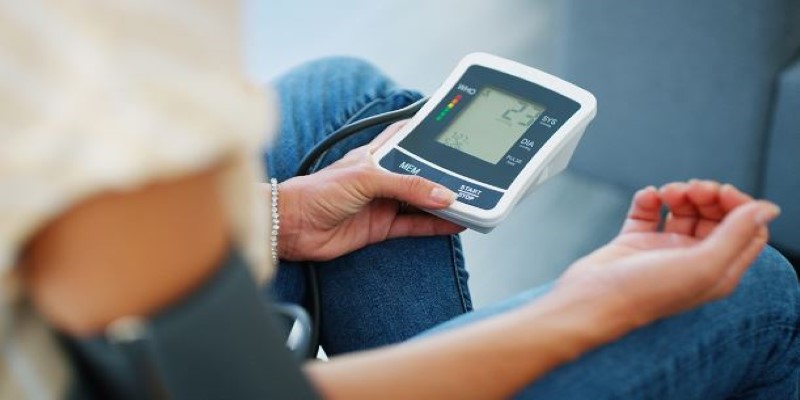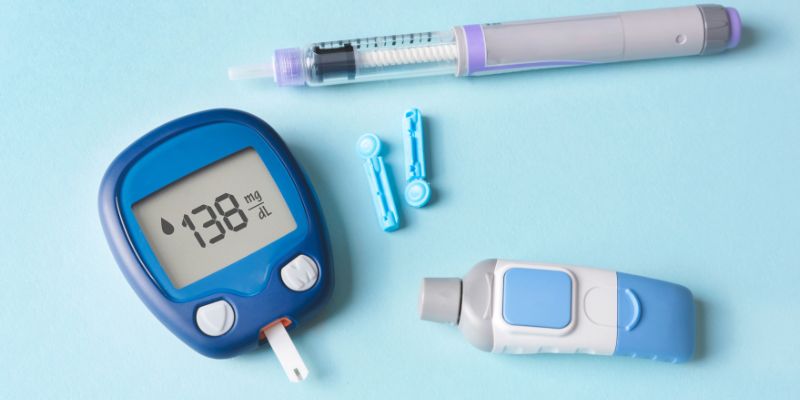The Heart Health Connection: Monitoring Blood Pressure on ADHD Medication
For people diagnosed with ADHD, medication is often a crucial part of managing symptoms. However, while these medications can be transformative, they may also carry certain risks, particularly related to cardiovascular health. One of the most important aspects of treatment that can often be overlooked is the need for regular monitoring of blood pressure.
The stimulants and non-stimulants used to treat ADHD can have side effects that affect the heart, especially over the long term, making blood pressure monitoring not just a good idea, but an essential part of your health routine.
The Relationship Between ADHD Medications and Blood Pressure
ADHD medications, particularly stimulants like methylphenidate (Ritalin) and amphetamines (Adderall), work by increasing the levels of certain neurotransmitters in the brain, notably dopamine and norepinephrine. While these neurotransmitters play a critical role in improving focus and reducing hyperactivity in individuals with ADHD, they also have direct effects on the cardiovascular system. Specifically, they can increase both heart rate and blood pressure, leading to potential cardiovascular risks over time.
Stimulants and Cardiovascular Impact
Stimulant medications for ADHD are well-known to cause small but measurable increases in both systolic and diastolic blood pressure. This occurs because stimulants stimulate the sympathetic nervous system, which can lead to vasoconstriction (narrowing of the blood vessels) and increased heart workload. While the increases in blood pressure and heart rate are generally modest, they can pose a problem for individuals with pre-existing cardiovascular conditions, such as hypertension or heart disease.

For example, research indicates that stimulants can raise systolic blood pressure by 1 to 4 mmHg on average, and while this may seem insignificant, over time, even small increases in blood pressure can contribute to higher risks of cardiovascular events such as heart attacks or strokes, especially in older adults or those with other risk factors.
Non-stimulant medications and Blood Pressure
Non-stimulant ADHD medications like atomoxetine (Strattera) also affect blood pressure, though generally to a lesser extent than stimulants. Atomoxetine works by selectively inhibiting the reuptake of norepinephrine, which can still result in elevated blood pressure but typically has a milder impact. Nonetheless, patients taking non-stimulants should also have their blood pressure monitored, especially if they have any history of hypertension.
Why Monitoring Blood Pressure Is Important?
Regular monitoring of blood pressure is essential for several reasons:
Increased Risk of Hypertension:
ADHD medications, particularly stimulants, are associated with a slight but notable increase in blood pressure. Research shows that systolic and diastolic blood pressure may rise by 1 to 4 mmHg on average, with some patients experiencing more significant increases. Over time, if left unchecked, this elevation can lead to chronic hypertension, a condition that increases the risk of heart attack, stroke, and other cardiovascular complications.
Age and Long-Term Use:
Studies have found that the cardiovascular risks associated with ADHD medication increase with the length of time a person takes the medication. This is especially critical for adults, whose cardiovascular systems may already be compromised by age or lifestyle factors such as diet and exercise. Monitoring is particularly vital for older adults taking ADHD medications, as the long-term use of stimulants has been linked to an increased risk of serious cardiovascular events, including heart failure and arrhythmia.
Pre-existing Conditions:
If you have a history of cardiovascular issues, even mild hypertension, taking ADHD medications can exacerbate these conditions. People with pre-existing heart conditions such as arrhythmias or a history of heart attack need to be particularly cautious. Regular blood pressure checks help ensure that the medication isnt causing dangerous spikes that could lead to further complications.
Detecting Side Effects Early:

One primary reason to monitor blood pressure regularly while on ADHD medication is to catch any potential side effects early. Some people may experience symptoms such as headaches, chest pain, or dizziness, which can indicate that their blood pressure is too high. By regularly checking blood pressure, both patients and doctors can adjust dosages or consider alternative medications before serious health issues arise.
Balancing the Benefits and Risks
ADHD medications, especially stimulants, offer immense benefits for individuals with Attention-Deficit/Hyperactivity Disorder by improving concentration, reducing impulsivity, and increasing productivity. These medications can make a remarkable difference in the lives of those affected, often allowing them to perform better academically, socially, and professionally. However, as with any medication, there are potential side effects and risks that must be carefully managed.
For ADHD medications, the primary concern revolves around cardiovascular health. Stimulants like methylphenidate (Ritalin) and amphetamines (Adderall) work by stimulating the central nervous system, increasing levels of dopamine and norepinephrine in the brain. This not only helps with focus but can also lead to increases in heart rate and blood pressure. For some individuals, particularly those with pre-existing heart conditions or risk factors like hypertension, this can pose significant health risks if not closely monitored.
The key to balancing ADHD medication's benefits with its associated risks lies in proactive health management. Regular monitoring of blood pressure and heart rate is essential to ensure that the medication is not adversely affecting cardiovascular health. Catching potential issues early, such as elevated blood pressure, allows for adjustments in treatment, including changes in dosage or switching to non-stimulant alternatives like atomoxetine, which may have fewer cardiovascular effects.
Conclusion
ADHD medications can be life-changing for individuals struggling with focus, hyperactivity, and impulsivity. However, its essential to recognize that these medications are not without their risks, particularly when it comes to cardiovascular health. Monitoring your blood pressure regularly allows you to balance the benefits of ADHD medication with the potential risks.
It ensures that any adverse effects on your cardiovascular system are detected early, giving you and your healthcare provider the opportunity to make necessary adjustments to your treatment plan.












